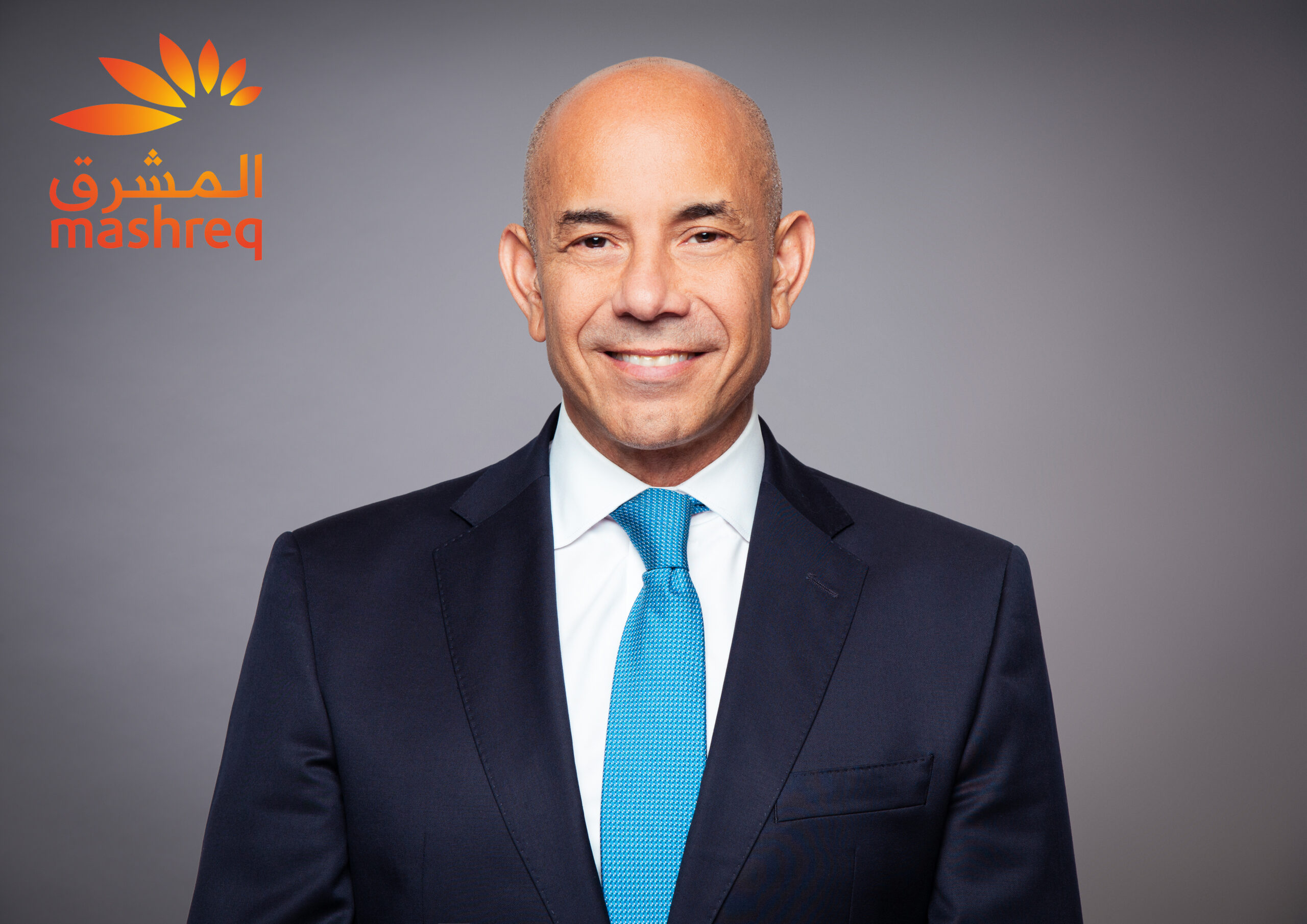Cedel Bank, the Luxembourg-based clearing organization, has unveiled the Global Credit Support Service (GCSS), a new legal structure for holding and transferring collateral interests in securities. Designed to cover all credit exposures, GCSS will be particularly useful for counterparties to swaps who may wish to have their transactions collateralized on a regular mark-to-market basis.
Neither English nor New York law provides a completely fail-safe system for holding or transferring a security interest across international borders. If, in a derivatives transaction, party A goes bust, counterparty B cannot be certain that A’s receivers will give B’s security interest in the collateral provided by A (in another jurisdiction) priority over A’s other creditors.
Thanks for your interest in Euromoney!
To unlock this article:



